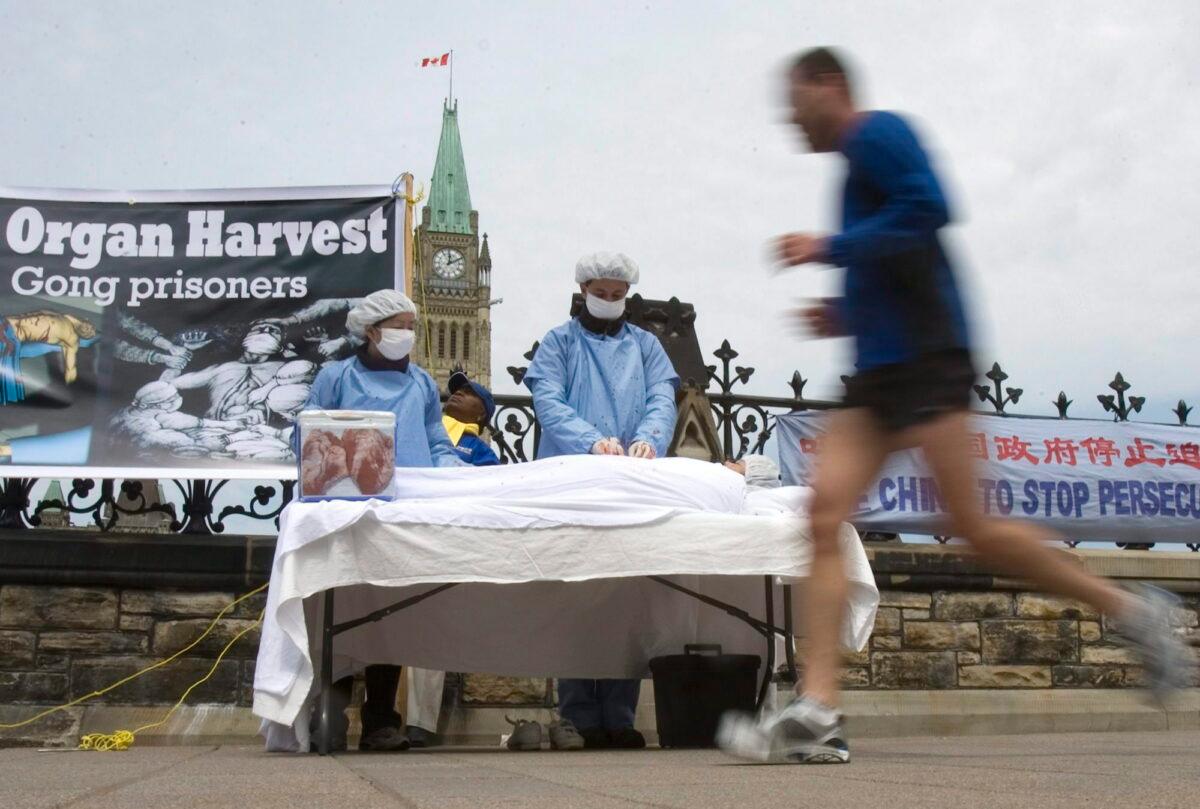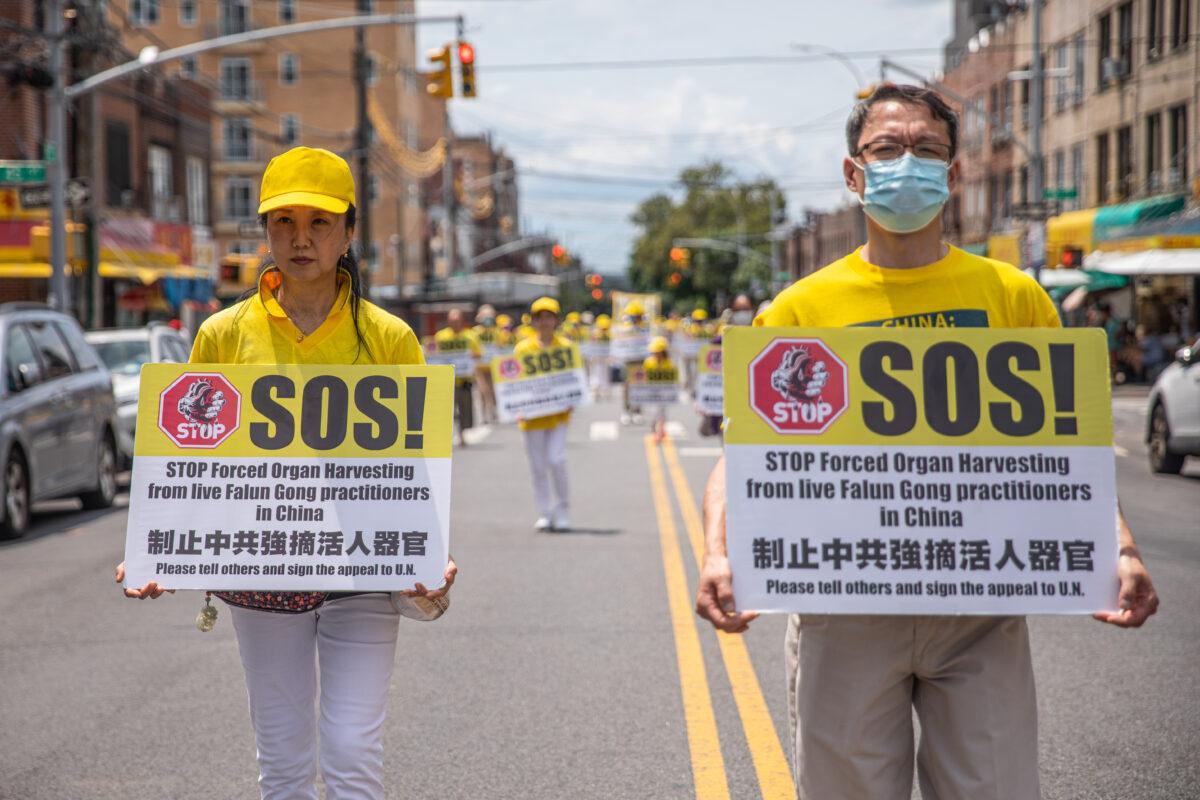Fear of economic retaliation from Beijing has in part led the world to turn a blind eye as the Chinese communist regime kills innocents and forcibly harvests their organs for profit, a physician told a global human rights summit.
Not long after the tribunal released its final report, Dr. Weldon Gilcrease, a gastrointestinal cancer specialist at the University of Utah, approached the leaders of the school’s health care system, hoping to have a discussion on how they could respond to such abuse as an institution.
One of the leaders “essentially said to me that there was no doubt in his mind that the Chinese Communist Party was capable of such atrocities and that it was indeed happening, but that if we said anything, China would simply send all of its students to Texas,” Gilcrease said during a Sept. 17 virtual panel discussion.
Representatives for the University of Utah Health didn’t respond to a request for comment by press time.
Gilcrease, vice executive director at the Washington-based medical advocacy group Doctors Against Forced Organ Harvesting, later told The Epoch Times that he was “a little surprised that there was such fear of saying anything” due to financial ties.

“You definitely get support on an individual level, but when you try to raise that to the level of the institution, that’s where it gets deafeningly silent,” he said.
What Gilcrease found over the years is that often the medical professionals he met were reluctant to take a stance on organ harvesting—not because they were in doubt that it was happening, but rather because they were trying to distance themselves to avoid the perception of “getting political.”
“That’s the weapon that they [the CCP] use to try to maintain silence,” Gilcrease said. “If you say anything, you are ‘getting political.’ Stay out of it.”
Gilcrease believes the opposite is actually true.
Staying free from politics “doesn’t mean avoiding taking uncomfortable positions, and in fact, it means we should say something against the Chinese Communist Party if it is going to ... co-opt our field, our experts, our physicians, and our surgeons,“ he said during the webinar.
Collaborating with “a medical system that’s under the thumb of an evil regime is dangerous,” he said, noting that a number of individuals who helped build China’s transplant centers received medical training in the United States and other Western countries.

Concerns over such engagement go beyond the integrity of U.S. biomedical research, according to Gilcrease.
“It’s about being tied to a system that has proven over and over again, using the medical system, to carry out crimes,” he said.
Chinese doctors appear to have continued forced organ harvesting practices throughout the pandemic and have used findings from such transplants to build credentials in international medical journals.
The second patient, aged 70, received a double-lung transplantation on March 8, three days after a comprehensive evaluation prompted doctors to register the patient in the transplant allocation system.
Scalettar ended up writing a critique of the article to the authors, but the response “has been nonexistent or evasive.”
The greater medical community has continued to suffer from a “drastic lack of awareness” on forced organ harvesting—only around 5 to 10 percent have heard of it, according to Gilcrease. But the regime’s ongoing coverup of the pandemic has likely brought a mindset shift, he said.
“The medical community at least has more of an understanding of who we’re dealing with,” he said.





